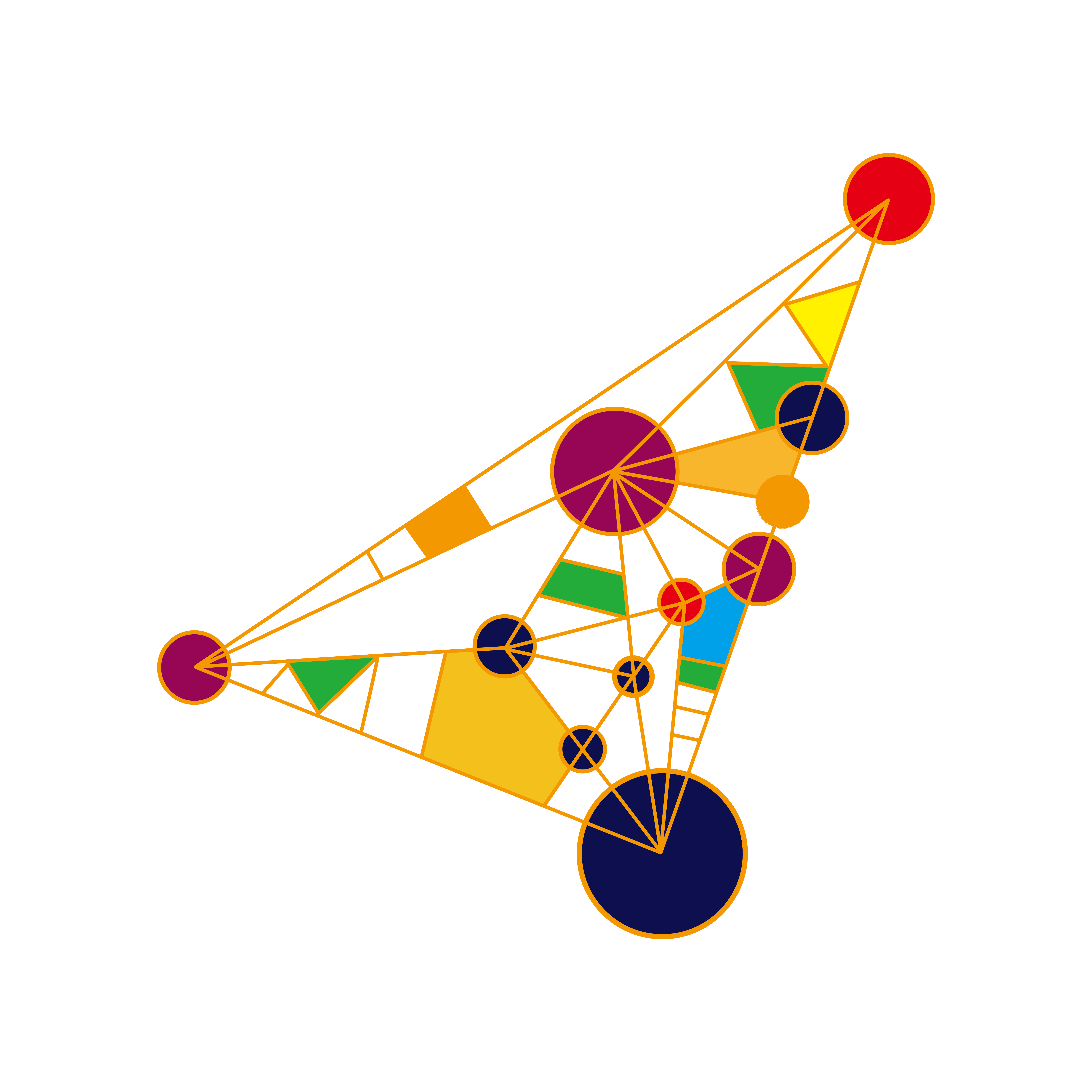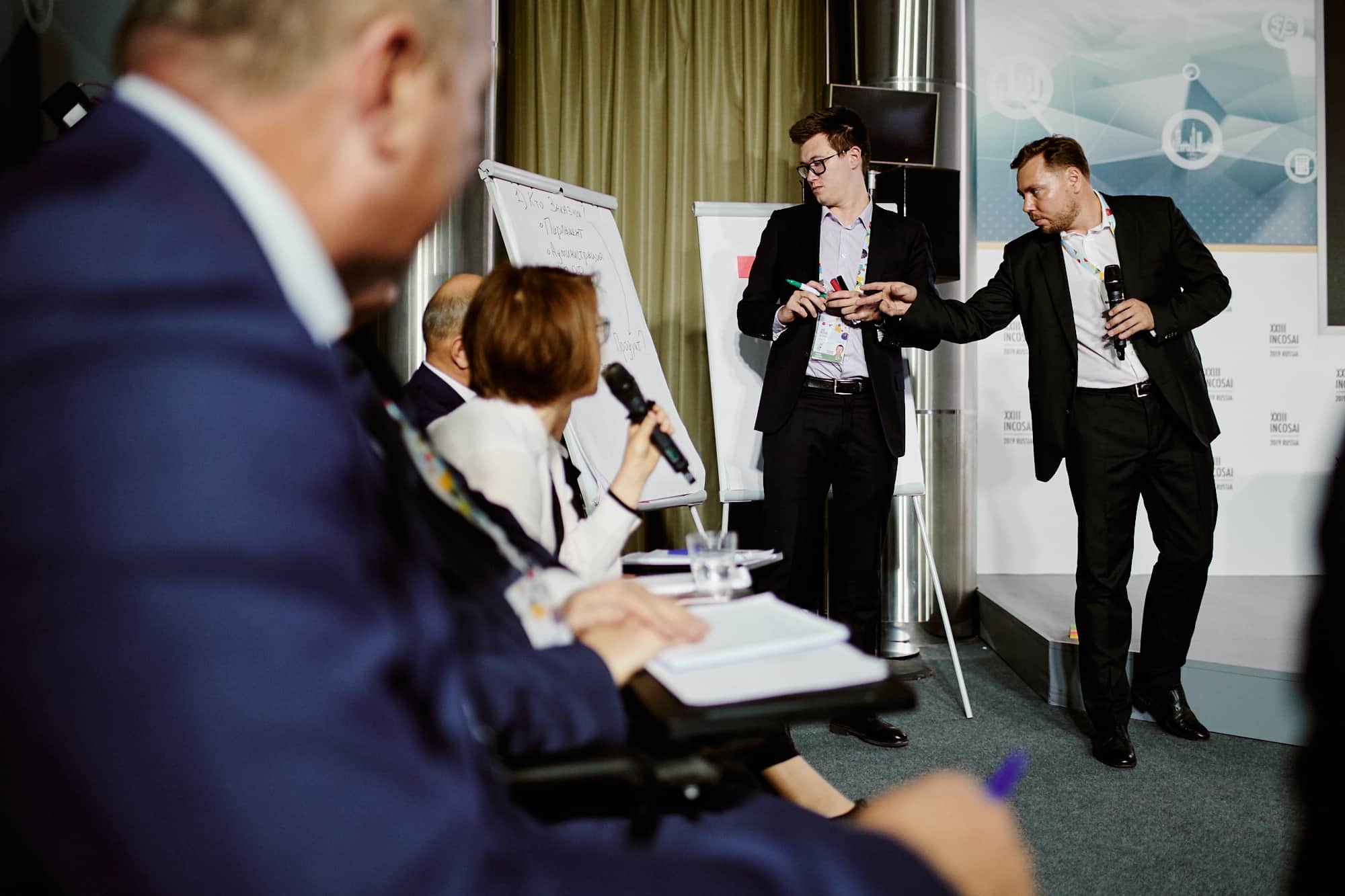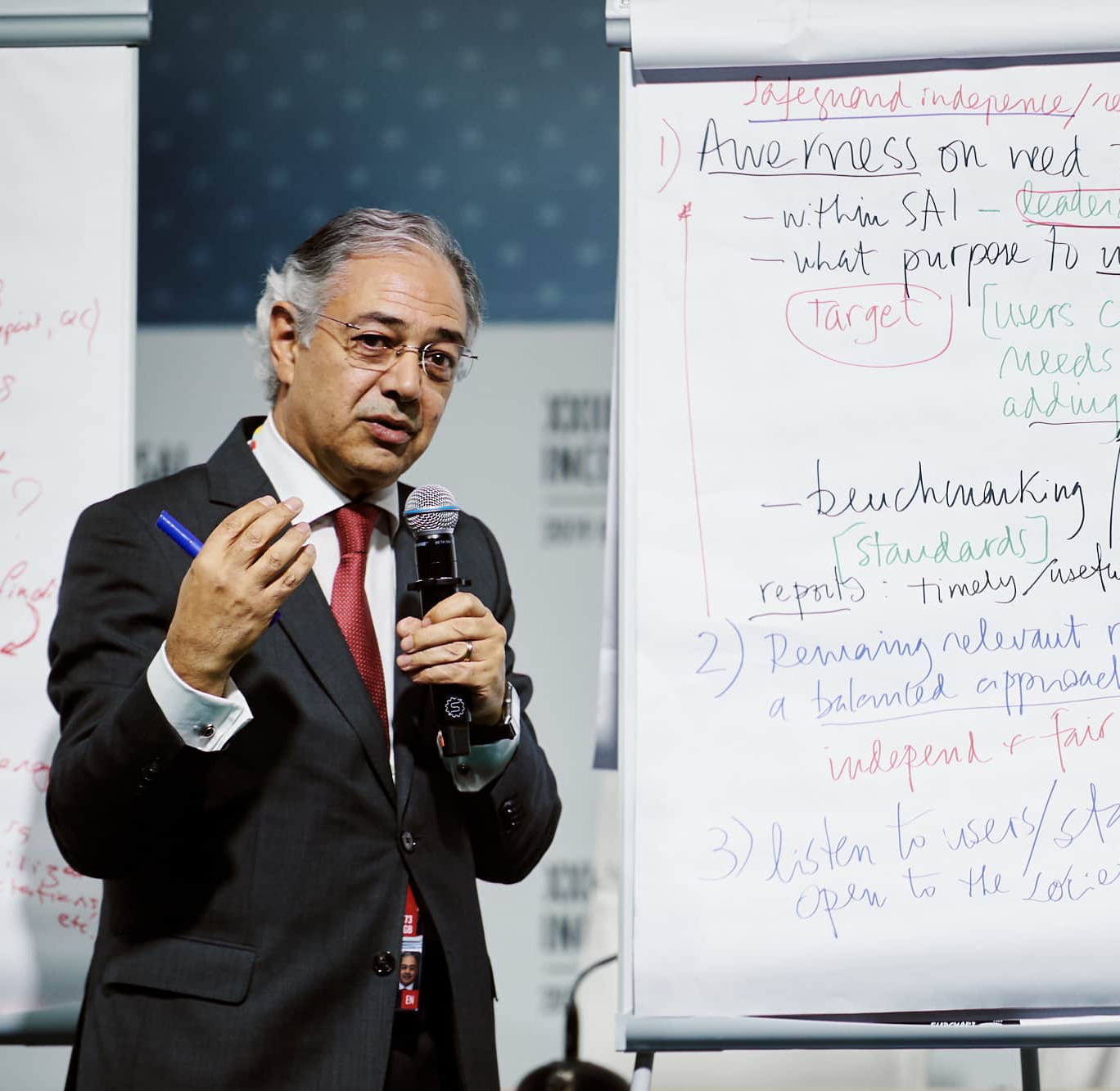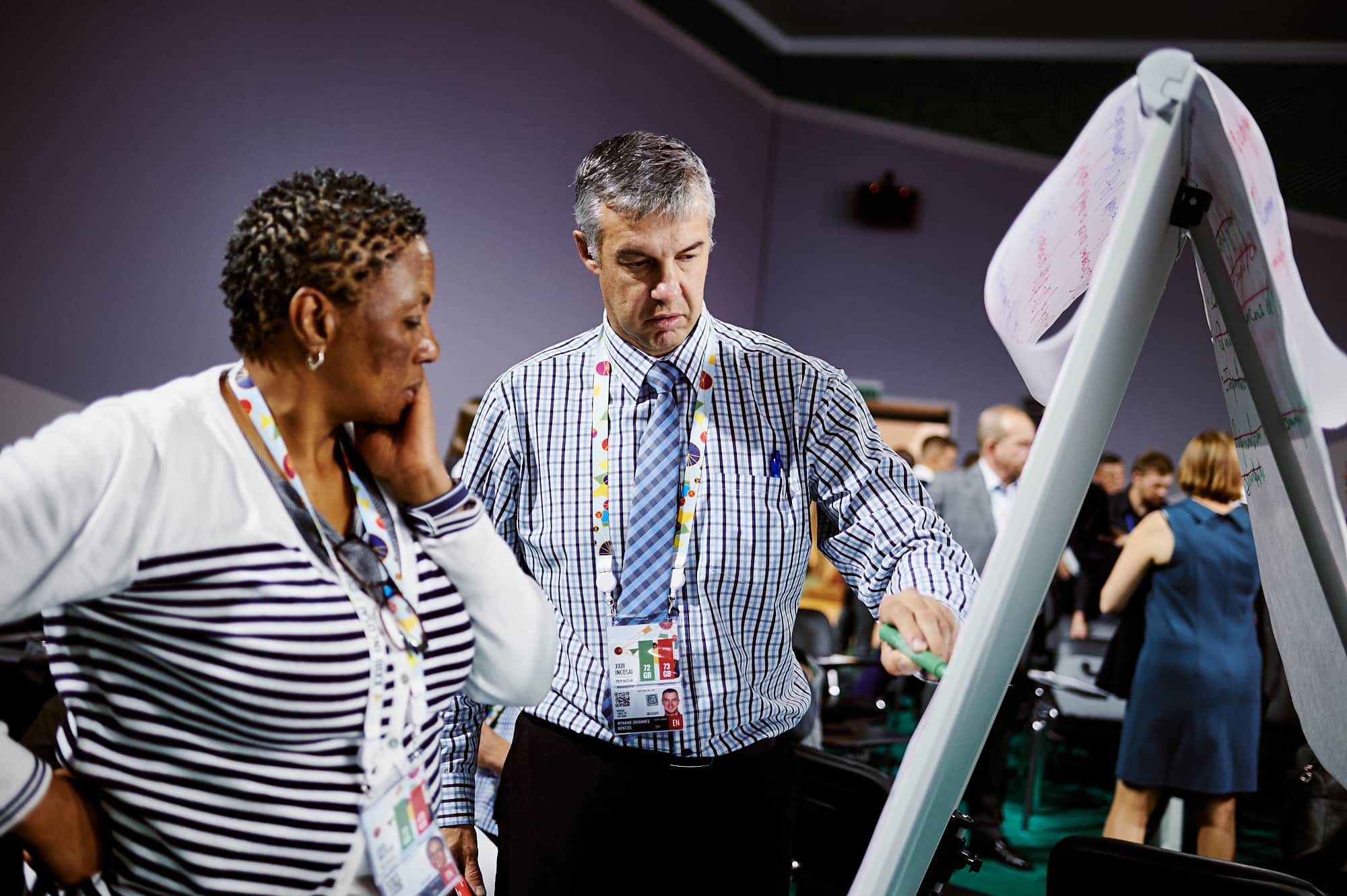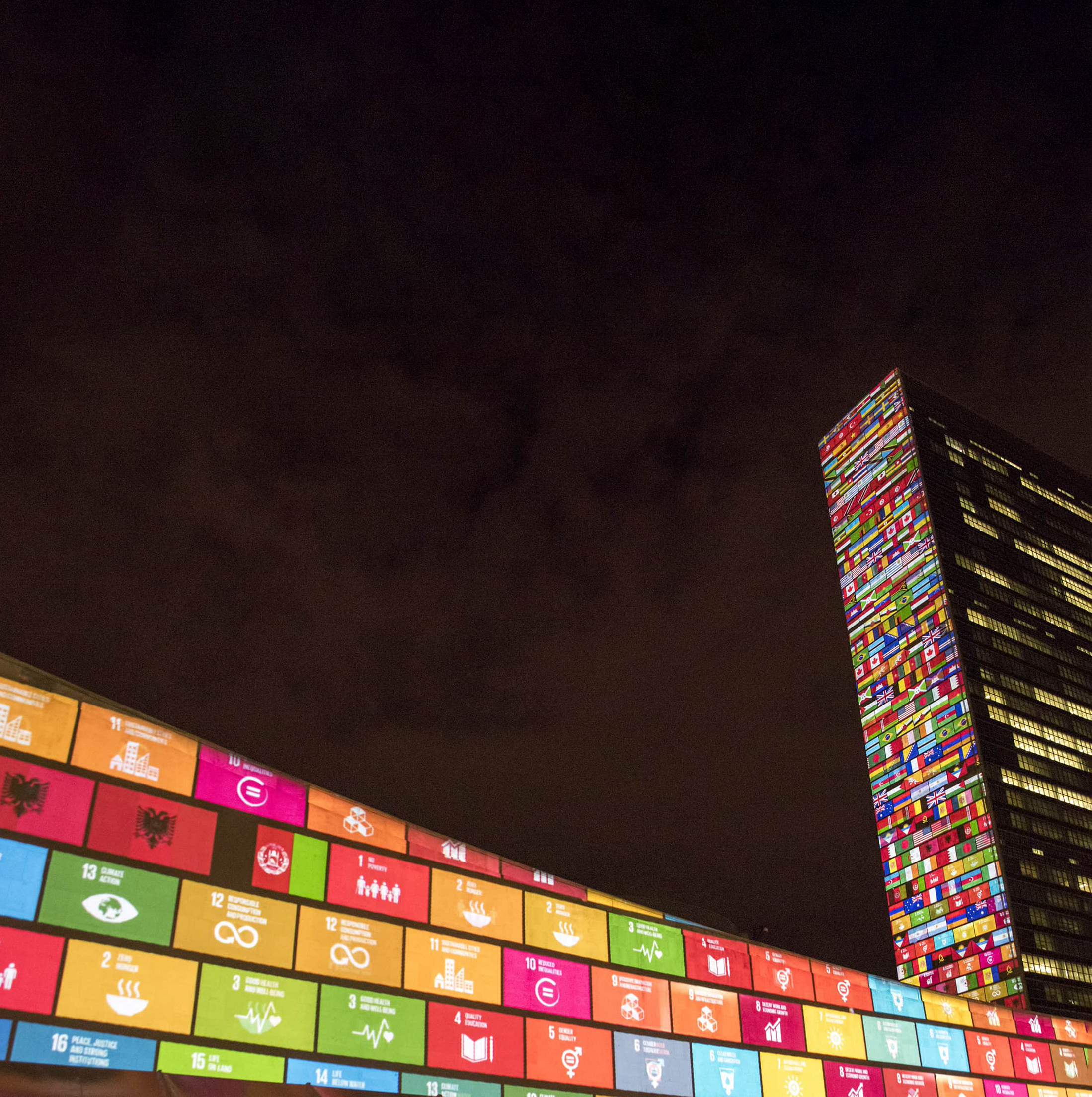Progress
With a few exceptions, this provision has found almost universal implementation in the work of SAIs and manifested itself in various practical steps in terms of communication with the third parties. Engagement with auditees has been established both during the execution of government audit throughout the whole audit cycle (Ecuador, China, Myanmar) and outside the performance of audit (Slovakia). It takes a variety of forms such as post audit surveys, exit conferences, formal and informal enquiries from auditees, public and closed-door briefings (Jamaica, Malta, St. Vincent and the Grenadines, Malaysia). SAIs admit that increasing communication with auditees has proved useful to facilitate implementation of recommendations and success of audit work in general (Jordan, Mexico, Bahamas, USA).
Useful advantages have been found in fostering systemic and open communication with civil society, which determined the development of accessible channels and mechanisms, broader use of selected social networks, establishment of new formats for joint work (Chile, Czech Republic, France, Peru, Russia). This allowed citizens to submit audit suggestions, provide feedback, or even participate in audit work and oversight (Austria, Cyprus, India, Peru).
Similarly, enhancing cooperation with the academic community has been used by SAIs in order to increase resources and options for auditors training and capacity building, conduct joint research and study problems that the audited entities may face, develop solutions and plans based on academic studies (Azerbaijan, Costa Rica, Indonesia, Thailand, Egypt, ECA, India). SAIs take this opportunity to invite academic community to participate in important audit projects and recruit a diverse and multi-disciplinary workforce. At the same time, expert platforms are being developed to facilitate communication with subject matter experts from leading universities, research institutions, businesses and consulting bodies (China, USA, Russia).
SAIs report that such engagement with external stakeholders and the public requires new ways to present audit results for broad audience, apply graphic display with the use of all available multimedia tools (Austria), publish digital reports (India), increase and diversify communication (ECA, Peru). It has been formalized in SAIs strategic documents and plans and implies thorough review and identification of stakeholders to engage (Jamaica, North Macedonia, Peru, Suriname, Belize). SAIs value relevant assistance and guidance provided by the INTOSAI on this matter (Ecuador, India).
UK:
Our external relations, and parliamentary relations teams are continuously monitoring the communications needs of our stakeholders and the channels to best meet them. We have a regular cycle of engagements with our auditees, and engage in regular discussions with key stakeholders (including stakeholder surveys) and contribute to public events domestically and internationally on areas of our expertise. We continuously improve the audit products and audit-based advice we produce – i.e. ‘using the right tool for the right job’ to make the information we have more accessible. We also augment our standard audit reports by routinely producing non-audit products, e.g.: Short Guides: an introduction to the work of each government department, and to key cross-government issues such as regulation, environmental sustainability and government’s commercial relationships. Departmental Overviews: an overview of each department summarizing: its responsibilities, how it spends its money, its financial management, and its performance during the year. Outputs for Select Committees: The NAO produces briefings and memorandums to support committees in their scrutiny work.
Challenges
Budgetary restrictions and limited human resources, like in case of other provisions, have been noted as obstacles for developing cooperation and communication with external stakeholders to the necessary extent (Peru). SAIs find it difficult to prioritize their engagement with the third parties given limited resources and to find a necessary balance so as to maintain independence in the process of engaging with stakeholders (Malta). More specific challenges are related to finding reciprocal desire of the third parties to cooperate with SAIs in spite of all the efforts (Slovakia, ECA), coordinating interaction with multiple stakeholder on complex issues (Finland) and finding new digital formats to present information in an easy to use way (ECA). Replies suggest that an exchange of experience within INTOSAI and issuing some specific guidance will be of help (Austria, Portugal).
Plans
The concepts and principles of this provision are included in the agenda, strategies and plans of SAIs to be implemented in the upcoming years. SAIs are going to focus their communication and cooperation on the remaining target groups and relevant stakeholders according to their particular situation, intensify existing efforts and aim for synergy effect by engaging a greater number of third parties at the same time (Algeria, Bahrain, Chile, ECA, Fiji, Jamaica, Jordan, Malaysia, Malta). Important areas for development defined for the future include increasing the efficiency of such communication by employing new technologies, new channels and forms of communication, as well as to increase preventive effect, added value and the positive impact of the results of audits performed (Czech Republic, Slovakia, Peru).
Contact Us
The Accounts Chamber of the Russian Federation
Department for International and Regional Cooperation
119121, Russia, Moscow, Zubovskaya street, 2
